My career is totally focused on Enterprise Content Management (ECM) and during these years I noticed that the skills needed to implement projects are rapidly increased, spreading the necessary knowledge on different areas such as the following:
- Capture
- Records Management (RM)
- Business Process Management (BPM)
- Web Content Management (WCM)
- Business Intelligence (BI)
- Enterprise Search (ES)
The Enterprise Information Management (EIM) consists of the art of managing the information lifecycle contemplating all the above areas. I think that this is the sea where we should navigate every day from now.
Any company every day must manage a wide range of content types that arrive from different sources such as mail, scanners, user generated content and external systems. These contents are very important for the company because can help to make decisions about budget, sales, hiring or billing and the time spent on these kind of tasks it's very important. The goal is to automate processes for saving time and money transforming the format of information.
I don't want to talk only about technologies but also about methodologies dedicated to design a correct information management. There are a number of needed areas to cover that every ECM expert should be confident for bringing the success of a project. Moreover it is important to have onboard a project manager that has a some kind of technological consciousness of the entire EIM area.
After my subscription to the AIIM as a Professional Member I started to go in deep about this evidence of rapid change that is affecting our daily job.
Focusing on Open Source technologies, I can confirm that actually it's possible to successfully integrate the following platforms to build a complete EIM project:
- Alfresco One (ECM, RM)
- Alfresco Activiti (BPM)
- Crafter CMS (WCM)
- LifeRay (Portal)
- Ephesoft (Capture)
- Pentaho (BI)
- LucidWorks (ES)
Now I'm trying to look around and at more higher level compared to what I have done in the past. I have realised that many times in this kind of projects the real issues rarely are related to a specific technology, even if you don't use the right platform could be a real problem, but it is strongly related to a lack of analysis.
Another potential issue can be the continous changing of requirements during the development that in some cases, if it is not managed well, it can bring the project against a disaster.
When we mention EIM, we are talking about a critic and complex project aimed to design a way for managing any type of information based on the following different types of data:
- structured
- semi-structured
- unstructured
This complexity, together with the necessary processes that must be considered in a business case, makes the EIM project tricky to implement. In order to accomplish the project probably you may want to follow these four tips:
- Use the prototyping approach with weekly iterations, working in different groups, each team is specialised in a vertical EIM area (ECM, BPM, etc..)
- Share the ongoing project with the customer, this will bring precious feedback every week and will allow easily to address on the good path the project without any delay
- Be propositive relating to the customer and try to suggest minimal effort functionalities supported by the current EIM platform components
- Train the customer for making him conscientious about the complexity of the project and about what he can do with the platform

